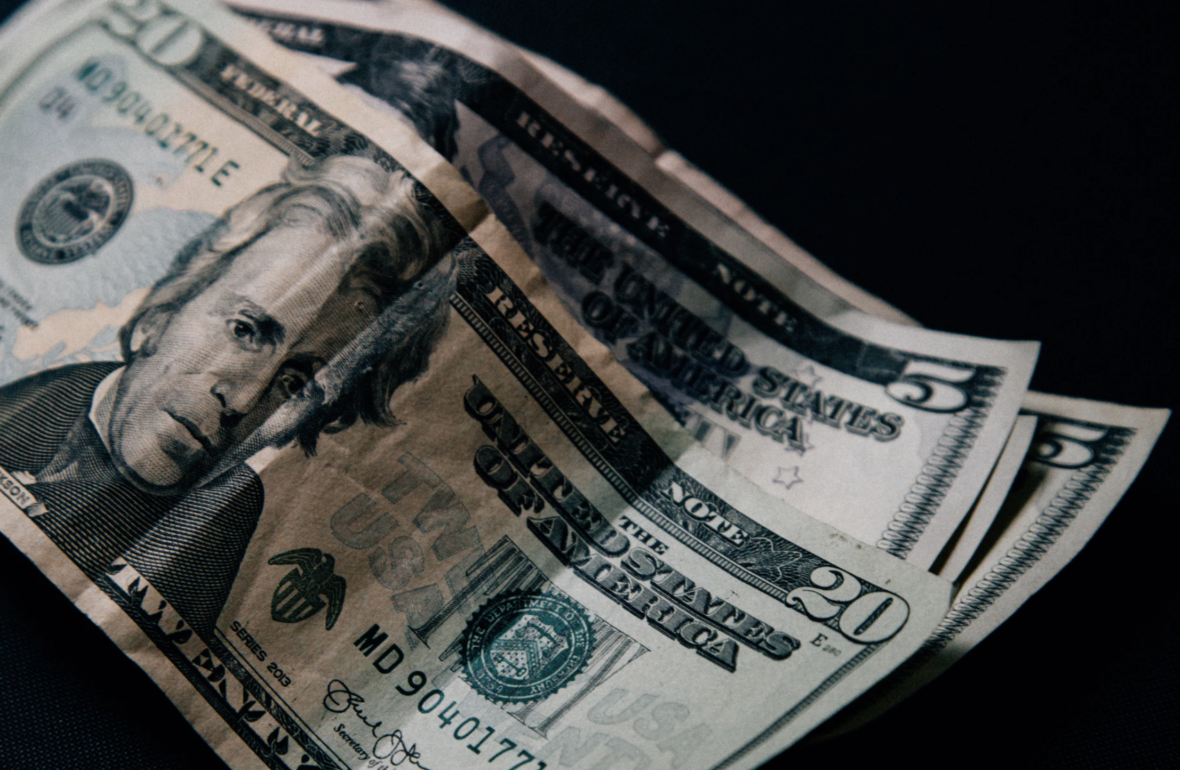
If you’re like 80 million other Americans, you’re looking for the lamest, dumbest, easiest-to-source Virus Mask you can find.
Sorry no, I meant: if you’re like 80 million other Americans, you’ve been laid off and are trying to come up with something–ANYTHING–to pass the time. It’s what brought you to this article.
Wait, no, that’s not it either. Okay last try:
If you’re like 80 million other Americans, in the next week or so you’ll be receiving a stimulus check. Congrats! (? Is it good for you, long term? Is it good for the economy to hand out billions at the exact moment when we’re not producing revenue? Pshaw, who cares!? You’re getting MONEY!!) While the exact amount varies, for most of you it will be a significant chunk of change.
Now then. Ahem. Being the financially-minded bloggers that we are, we’d like to, IF WE MAY PLEASE… offer you some of our thoughts on the question of what to do with said monies.
Is that okay? I KNOW it might be one of the few highlights of the last couple of weeks! I know it. And that is okay. If you want to go celebrate with a latte and a sterilized cake pop, you have our blessing. Party favor BWAAANNK sound for you.
First, we think you should write a thank-you note to your grandchildren and seal it in a time capsule or something. They’ll be the ones shouldering the brunt of this multi-trillion dollar distribution, and the least you can do is send them a nice ‘attaboy’ from 2020. They will have mail hand-delivered to them by an 8-year old. They will be farming turnips when this mail is delivered. It’ll be… a simpler time.
Now then, we’ll be referencing our weeding/pruning/planting/harvesting framework to think through this question. If you’re unfamiliar with that system for thinking about how to deal with unexpected income, go get familiar and we’ll meet you right back here. I can wait. (You’ll LOVE learning about all the great things you can do with this cash. Go. Read.)
Before we dive in: I just want to warn you that according to this wonderful book produced by the University of Houston, the impulse to take “found money” and just BLOW IT on a good time, OR the impulse to put it ALL on whatever the greatest felt need is at the moment… are BOTH impulses led by poverty.
WE IMPLORE YOU ABRAHAMIC CITIZENS: keep your wits about you and treat this money seriously. “Found money” doesn’t come along that often, and when it does, you should develop the reflex of intentional, strategic employment of that capital.
Okay enough sermonizing, here’s the goods:
Within that ‘weeding’ bucket (the top of the list), here are some more detailed thoughts on what might make sense for those of you who have financial situations that, if left unaddressed, will threaten the health and order of your homes:
- Consumer debt is still #1 on the hit list! If you have credit card debt, there isn’t a program out there that is going to rescue you from your obligations. Your debt is still likely growing at astronomical rates of interest and needs to be attacked with vigor. Pay off your credit card debt and then throw away your credit card for a while. Phew! Feels so much better right? [PLEEZE U guys, this is the #1 thing you can do with that stimulus. It doesn’t feel fun maybe; it’s just getting you back to zero; a new toy would feel so much better in the short run… but THIS IS THE MOVE.]
- Ye Olde Emergency Fund is looking like a real good idea lately, huh? In my practice as a financial planner I’ve realized that many folks who previously gave me side eyes when I suggested 6 months of expenses be held at the ready are now very interested in bulking up their emergency funds. You may even have previously moved all the way down to the ‘harvesting’ category because you had a 3-month pile of cash, but now feel that a bigger emergency fund would be prudent. Great! This is a good time to bulk up your emergency fund and the stimulus check is a fine source of funding for that goal. You might even want to add some non-financial assets to your emergency stash right now. All great ideas. I’m impressed with your gumption – but let’s keep rolling.
- Should you get rid of anchoring assets right now? Maybe. Let’s say you’ve got a pricey vehicle that is worth way less than you owe on it. Well 6 months ago I would have told you to sell it for a loss and buy a nice cheap used car with cash. Today this could be less advantageous. First off, there will be fewer buyers for your fancy mistake, so you may have to sell it for substantially less money. Secondly, many folks are holding on to their old cars while we wait to see if the economy will ever return (it will), so you may have to pay more for a decent used car. So in all but the most egregious cases, I’d consider waiting a few months to make this move.
“Oh but Mark”, says you with a jaunty smirk, “I’ve already dealt with consumer debt and now all I’ve got is a mortgage and my student loans! With a stable job to boot, I feel like I’m in good shape!”
Ok Mr. Confident Pants, let’s move you right along to the pruning stage. Here’s where this particular moment in history gets interesting, cowboys. Back in our slush article we said that paying down non-toxic debt (mortgage loans, some car loans, some student loans), was a solid next rung in the ladder for those with a windfall. HOWEVER, there are some unique things happening right now policywise that may affect your calculus.
- Student loans have experienced major changes recently. For those of you with FEDERAL student loans, most of you should keep paying them down as normal right now. But you will want to contact your loan servicing company and make sure you’re enrolled in the 0% interest period! lasting from March 13 – September 30, 2020. (Some loan servicers are auto-enrolling folks in that program while I’ve heard that others require you to request it.) That means that for the next few months, your payments would go 100% to the principal amount of your loan and not to interest. Win!
If you would like to put your stimulus check towards killing those loans, we say go for it in most cases. But if you’re on a plan that involves the forgiveness of your loans after a certain period of service (this is common for people like teachers or physicians working in underserved communities), then you should consider pausing on your loan payments. Most people in these programs won’t actually pay all of their loans back – they’ll make minimum payments for a set number of years and the remaining balance will be forgiven. As a part of the stimulus package, the government has said that folks in these programs can stop making loan payments and still get service credit for the period of forebearance (again, that’s through September 30). In effect, the CARE act gives you 6 months of free loan payments if you’re in this position. There is a lot more information right here for student loan holders in the time of COVID-19.
In sum, for those expecting to have loans forgiven, hold off on payments until October. For everyone else, you get a bit of extra bang for your buck on payments made until September 30, as all of the payment will go towards principal. In all cases you should reach out to your loan servicing company to verify that you are correctly understanding your options based on the type of loan you have and your repayment schedule. Lastly, if you have private loans, we are sorry but you’re hosed and the best option for you right now may be to refinance at current low interest rates (as we’ve mentioned before, we really like Earnest and they offer a $500 bonus for refinancing right now).
- Mortgage assistance is also available if you’re in hot water. Visit this handy website for a full rundown of all the options, but keep in mind that none of the options will actually reduce your total obligations – they are only offering temporary relief if you’ve found yourself unemployed or with cash flow problems that you can prove were caused by coronavirus. Given the historically low interest rates, we suggest that if you’re a homeowner you should at least look into refinancing your home at this time, but for most of you it’s not a great time to be aggressively paying down your mortgage.
- Many automotive lenders, especially if you purchased a new car recently, are willing to allow you to skip a few payments in order to prevent default on your loan. As with mortgage relief, this won’t reduce the amount you owe, so we would only take advantage of this if you’ve been materially impacted by the pandemic and need the financial wiggle room. But if that’s you, instead of putting your stimulus check into a car payment, you may want to first ask your lender if you could press pause on this obligation for a few months and then resume paying them back for the car you purchased. It doesn’t make you a schmuck to ask for a little help in this department right now. (It’s the new Camaro that you put in your driveway before establishing a budget that makes you a schmuck… but we have grace for you.)
- Insurance is an item that everyone needs but is just so dang unsatisfying to purchase that we often postpone buying it for way too long. If that’s you, maybe you cut out some of that stimulus check to add an umbrella policy to your household, or acquire the term life insurance that you know you ought to have in place. Smart move.
- If you’re good on all fronts so far, we offer you a socially-distant high-five and say, perhaps you’d like to do some giving with that stimulus check?! HhhmMMMM?? We’ve talked a lot recently about the importance of handing over the first part of everything to the LORD, but in our current moment I’m guessing that there are at least a few people in your direct circles who are having a time of things, financially speaking, right now. If that isn’t true, let me encourage you with a fun story:
My friend and fellow Abrahamic family-builder, Brad, reported that he was instructed by the LORD to hand out some grocery gift-cards to people struggling amidst the pandemic. He knew a few hourly employees, so he gave those out, but then he also gave them EXTRA cards because he knew that these same folks would be connected to many more people in need of help right! What a generous genius. And the good Father that issued the initial instructions to do this giving even allowed Brad to enjoy some of the fruit of his obedience right away – he got more than one tearful story of thanks! Giving can be great fun, and when people are in need–as they are right now–the rewards are multitudinous!
Everything above this point in my article is a great action item that can be done with pretty high confidence and limited understanding of your long term financial goals. But once you’ve knocked out the weeding and pruning, you need to take a step back in order to do a great job with planting and harvesting. Let me clarify what I mean.
If you’re looking at using your stimulus check for planting (examples include: investing, additional giving or new assets) – you don’t just throw a dart at the wall and go with whatever seems good at the moment. Like any half decent farmer or gardener would, you make a PLAN, dudes, before you start digging. Haphazard expansion of one’s resources is no better than no expansion of one’s resources, and can even lead to disaster. So if you’re in a spot to spend that stimulus check on planting something new, or even harvesting (investing in things like luxury, travel, rest and blessings to others) – but you’ve never created a comprehensive financial plan, I can promise you with high confidence that doing so will be worth every minute and penny spent on such a task.
I don’t mean for this to turn into a plug, except to say that every household REALLY DOES need a financial plan, and if you have a really strong one, married with our slush plan, you probably didn’t take the time to read this article! You’re confident, prepared, and building something awesome for your family. For the rest of us? Well I’d be remiss if I didn’t tell you that this drawing up of financial plans is what I do best and I’d be over the moon to get you and yours on strong footing.
So anyway, yes LORD! Whether it’s prudent federal financial strategy to write the nation checks or not, money is coming so we vow to put it to work! May this give you all tracks to run on so that you’ll be healthy, wealthy and wise!
I mean, AFTER that latte and cake pop.
*Mark Parrett is one of the founders of Abraham’s Wallet. When not blogging for you here, he’s raising a family in Salt Lake City, UT and working as a financial planner at Outpost Advisors.






